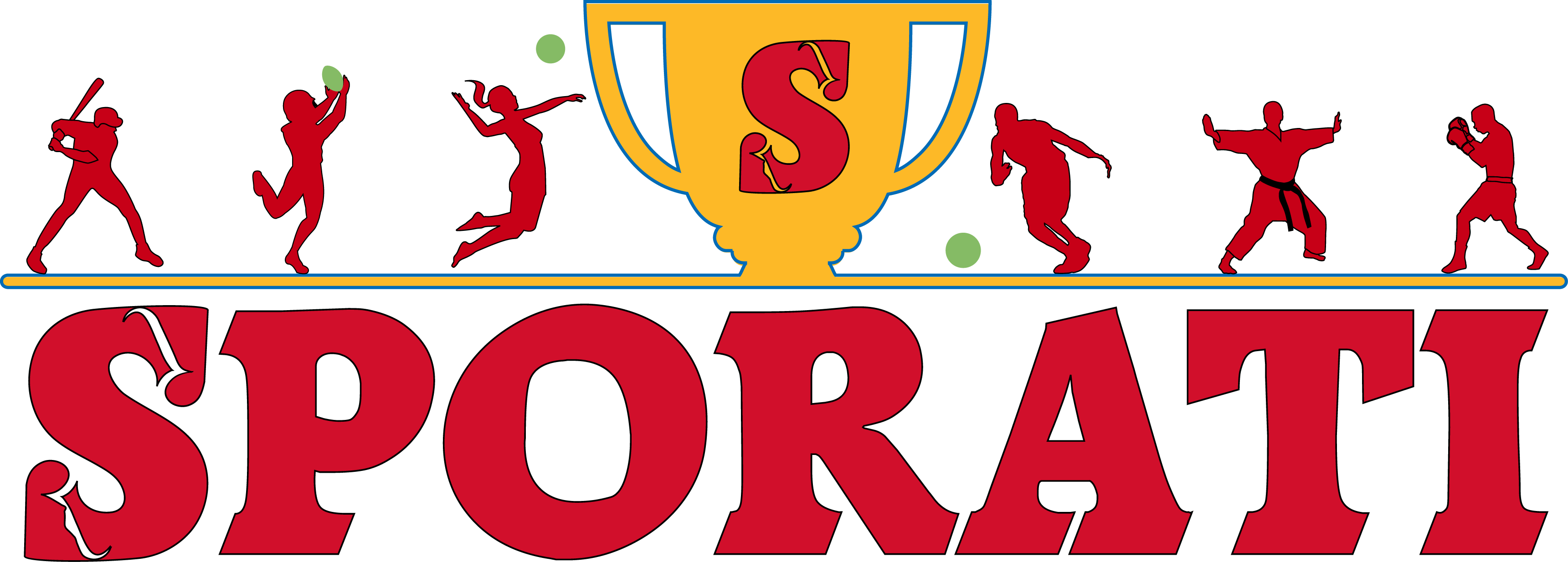Neutral Russians 2026
In a decision that has reignited global debate on the intersection of sports and politics, Russian figure skaters have been given the green light to compete as “neutral athletes” in the 2026 Winter Olympics, set to be held in Milan and Cortina d’Ampezzo, Italy. This compromise, reached by the International Olympic Committee (IOC), may technically pave the way for participation, but it’s a decision that comes with plenty of fine printand no shortage of controversy.
A Cold Welcome for Russia
Ever since the extensive doping scandals that engulfed Russian sports in the mid-2010s, their athletes have faced a fraught and fragmented path to international competition. The fallout has resulted in an ongoing balancing act between punishing systemic violations and protecting individual athletes deemed innocent of wrongdoing. The forthcoming Winter Games in 2026 represent yet another chapter in this precarious balancing act.
However, don’t expect to see Russian flags fluttering in the alpine Italian wind or hear their national anthem echoing in the figure skating arena. Following precedents set by recent Olympics and World Championships, Russian participants will compete under a nameless, flagless, and anthem-less banner. Essentially, they will skate as competitors without a countrya neutral purgatory that straddles recognition and repudiation.
What Does ‘Neutral’ Actually Mean?
Ah, the term “neutral athletes.” It sounds like an Orwellian euphemism, doesn’t it? According to the IOC, neutral status requires competing athletes to abide by a laundry list of rules. These include providing ironclad evidence that they have steered clear of doping programs and refraining from any overt political statements, especially those that could be interpreted as support for Russia’s controversial actions on the global stage.
What’s missing? Identity.
The neutral tag may sound like a compromise, but for competitors who have long associated their journey with the sights and sounds of their homeland, it’s a bitter pill to swallow. To win a medal but not see your flag raised? To stand on a podium in awkward silence? It’s an achievement wrapped in an existential identity crisis.
The Figure Skating Fray
Figure skating, Russia’s longtime bastion of sporting pride, is at the epicenter of this situation. Acclaimed stars such as Anna Shcherbakova and Kamila Valievadespite immense talentnow symbolize the ambiguous ethical optics of Russia’s participation. Valieva’s controversial doping case during the 2022 Beijing Games still casts a long shadow, with each of her jumps, spins, and smiles scrutinized for more than their artistic merit.
Meanwhile, training rinks in Moscow and St. Petersburg remain as productive as ever, churning out prodigies who dazzle judges and fans alike. Yet the uncertainty surrounding their Olympic invites has forced coaches, skaters, and federation officials to walk a tightrope between optimism and realism.
Divided Opinions, United Controversy
The decision to allow Russians to participate neutrally has inspired impassioned reactions from all sides:
- Proponents: argue that banning athletes for political or systemic misconduct they had no role in is fundamentally unjust.
- Critics: counter that allowing even neutral participation offers an indirect soft-power win for countries accused of eroding the integrity of global sport.
Former Olympic athletes, coaches, and sports organizations have weighed in en masse, each with their own hot take. Some see the move as a hollow compromise, others as a necessary evil, and some simply as a distraction from the pressing need to enact deeper systemic reforms.
Putting the ‘Limp’ in Olympics?
Ultimately, the inclusion of athletes under the awkward banner of neutrality poses larger questions: What does the Olympics even mean in a world where geopolitical tensions consistently spill over into the arena? How can we celebrate the universality of sport when underlying conditions are anything but?
In trying to satisfy everyonethe athletes, the public, and geopolitically entrenched officialsthe IOC may have succeeded in satisfying no one. Neutral Russians may be allowed to skate in Milan, but the ice beneath them is fraught, thin, and dangerously slippery.
Looking Ahead: Can There Be a True Win?
The saga of Russian athletes at the Olympics is not just about medals or national pride; it’s about what modern sports should represent. As the countdown begins for the Milan-Cortina Games, one thing is clear: the world will be watching, in judgment as much as in admiration.
While sport may aspire to rise above politics, it often ends up dancing in lockstep with it. When Team Neutral Russians takes to the ice in 2026, their storynoble, messy, conflictedwill be just one display in what promises to be a highly political spectacle in Milan.
Disclaimer: The views expressed in this article are purely those of the author and do not necessarily reflect the views of this publication or any affiliated organizations.

